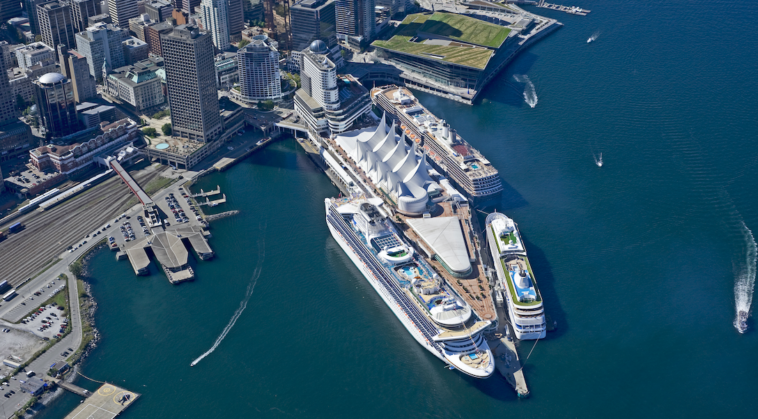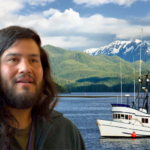A new cruise ship season is about to start on B.C.’s coast.
But environmentalists plan to meet the first ship with a petition demanding that the ships stop polluting coastal waters.
“We don’t begrudge the cruise ships coming here. Our issue is with the pollution they bring, and Transport Canada needs to do more,”
Anna Barford, Stand.earth’s Canadian shipping campaigner
Stand.earth, an environmental organization which compared the waters off of B.C. to “the cruise industry’s toilet bowl” in a report last year, has a new petition demanding an end to ships dumping pollution.
Stand.earth plans to deliver that petition directly to Transport Canada’s Vancouver office, calling on the federal agency “to address dumping from vessels and close the B.C. toilet bowl,” Anna Barford, the organization’s shipping campaigner, told West Coast Now.
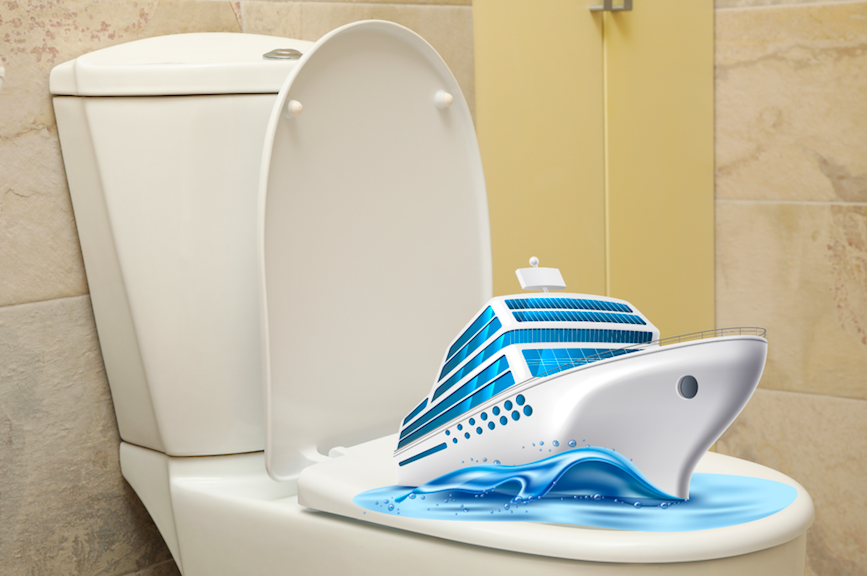
“We don’t begrudge the cruise ships coming here. Our issue is with the pollution they bring, and Transport Canada needs to do more,” said Barford, noting that the U.S. regulations against pollution are far stricter.
The petition compares waste discharge from ships to “aquatic clearcutting” because it destroys kelp forests and helps “accelerate the decline of critically endangered species.”
Cruise ships and other large vessels dump sewage, grey water, and washwater from open-loop scrubbers used to clean the exhaust fumes of their massive engines, which run on low-grade fuel. The scrubber systems, required under federal regulations, suck in seawater, spray it into the ship’s exhaust, and discharge the resulting warm waste, contaminated with heavy metals and acids, overboard.
Scrubbers “also cause acidification and pollution in the marine environment … They don’t eliminate air pollution – they just transform it into water pollution.”
World Wildlife Fund
The scrubbers effectively reduce airborne emissions. But, as the World Wildlife Fund explains, they “also cause acidification and pollution in the marine environment … They don’t eliminate air pollution – they just transform it into water pollution.”
Earlier this month, Gord Johns, the NDP member of Parliament from Courtenay-Alberni, read a petition in the House of Commons asking Transport Canada for tougher federal regulations on cruise ship discharge, which he called “harmful to human health, aquatic organisms, and coastal ecosystems.”
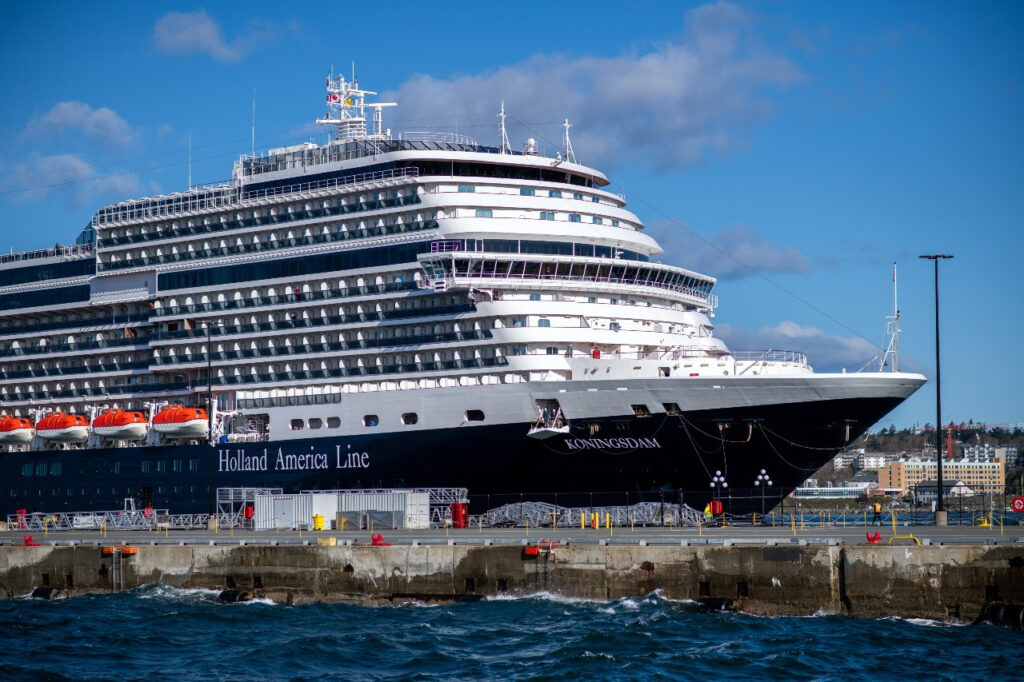
Barford noted that cruise ships dumped 31 billion litres of scrubber washwater alone off the B.C. coast in 2019, the last full year for which data is available.
As West Coast Now previously reported, the Port of Prince Rupert added a ban on the scrubbers within Prince Rupert Harbour in its proposed Port Information Guide for this year.
Local governments have also called for urgent action to stop dumping waste from scrubbers. A resolution passed by the Union of B.C. Municipalities, the organization representing the province’s local governments, noted that cruise and cargo ships together dump tens of millions of tonnes of concentrated acidic sulphates, metals, and other toxins directly into B.C. coastal waters each year, harming commercial and recreational fishing and harvesting, as well as local tourism.
The government “recognizes that scrubber washwater discharges are a concern.”
Transport Canada
The union resolution asked for stronger environmental protections from the B.C. and federal governments, including stopping scrubber dumping and requiring the use of cleaner fuels.
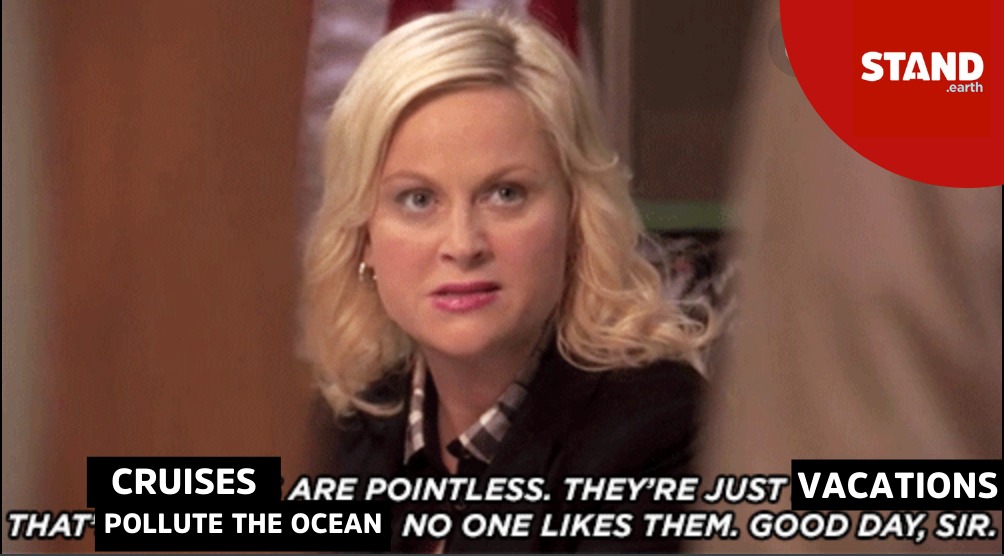
Last fall Transport Canada said in an email reported by West Coast Now that the government “recognizes that scrubber washwater discharges are a concern” and said “engagement with industry and interested partners” would begin within weeks.
In response to West Coast Now’s request for an update, the department sent an email March 30 repeating that “discharges of scrubber washwater are a concern,” and said the federal government would work with the marine transportation industry “to keep Canada’s oceans and marine environment clean.”
The new statement added that the issue is “complex,” and Transport Canada is working with the International Maritime Organization “to evaluate and develop harmonized rules and guidance on the discharge of scrubber washwater


